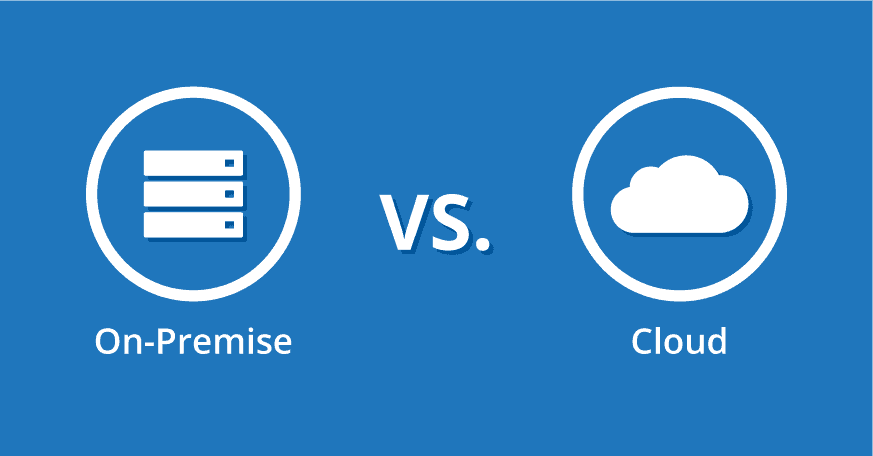Cloud Storage vs. On-Premises Storage: Pros and Cons
In recent years, cloud storage has become an increasingly popular option for businesses looking to store and manage their data. But is it really the best option? In this blog post, we’ll explore the pros and cons of cloud storage vs. on-premises storage, so you can make an informed decision for your business.
Cloud Storage: Pros and Cons
Cloud storage refers to storing your data in a remote server that is accessible via the internet. Here are some of the pros and cons of using cloud storage for your business:
Pros:
Scalability: Cloud storage is highly scalable, which means you can easily increase or decrease the amount of storage you need as your business grows or changes.
Accessibility: Cloud storage can be accessed from anywhere with an internet connection, which makes it ideal for businesses with remote workers or multiple locations.
Cost-effectiveness: Cloud storage can be more cost-effective than on-premises storage because you don’t need to invest in expensive hardware or maintain it over time.
Disaster recovery: Cloud storage providers typically have robust disaster recovery systems in place, which can help you quickly recover your data in the event of a disaster or outage.
Cons:
Security concerns: Because your data is stored in a remote server, there is always the risk of a security breach or data loss. It’s important to choose a reputable cloud storage provider with strong security measures in place.
Reliance on internet connection: Since cloud storage is accessed via the internet, your access to your data is dependent on your internet connection. If your connection is slow or unreliable, you may experience performance issues.
Data privacy concerns: Depending on the nature of your business, you may have concerns about the privacy of your data when it’s stored in a cloud environment. It’s important to understand your provider’s data privacy policies and compliance with relevant regulations.
On-Premises Storage: Pros and Cons
On-premises storage refers to storing your data on physical hardware located on your business premises. Here are some of the pros and cons of using on-premises storage for your business:
Pros:
Security: With on-premises storage, you have complete control over your data and can implement your own security measures to protect it.
Control: You have complete control over your data and can customize your storage solutions to meet your specific needs.
Performance: With on-premises storage, you have direct access to your data and can experience faster performance than with cloud storage.
Cons:
Cost: On-premises storage can be expensive because you need to invest in hardware, software, and maintenance over time.
Limited scalability: On-premises storage is not as scalable as cloud storage, which means you may need to invest in additional hardware as your business grows.
Limited accessibility: On-premises storage can only be accessed from your business premises, which can limit your flexibility and productivity.
Conclusion
So which option is better: cloud storage or on-premises storage? The answer depends on your specific business needs and priorities. If scalability, accessibility, and cost-effectiveness are important to you, cloud storage may be the best option. If security, control, and performance are your top priorities, on-premises storage may be the better choice.
Ultimately, it’s important to weigh the pros and cons of both options carefully and choose the solution that best meets your business needs. If you’re unsure, consider consulting with a trusted IT provider who can help you make an informed decision.

1 Comment-
nice post